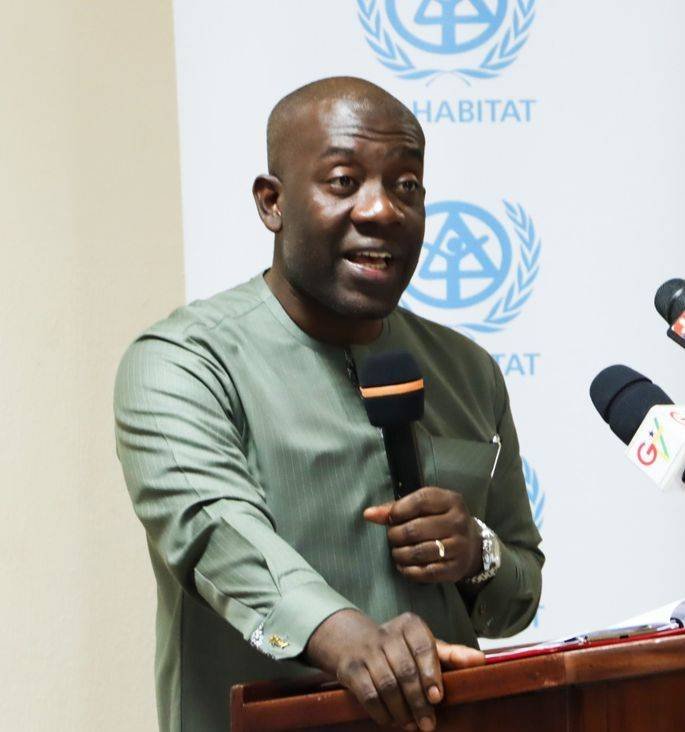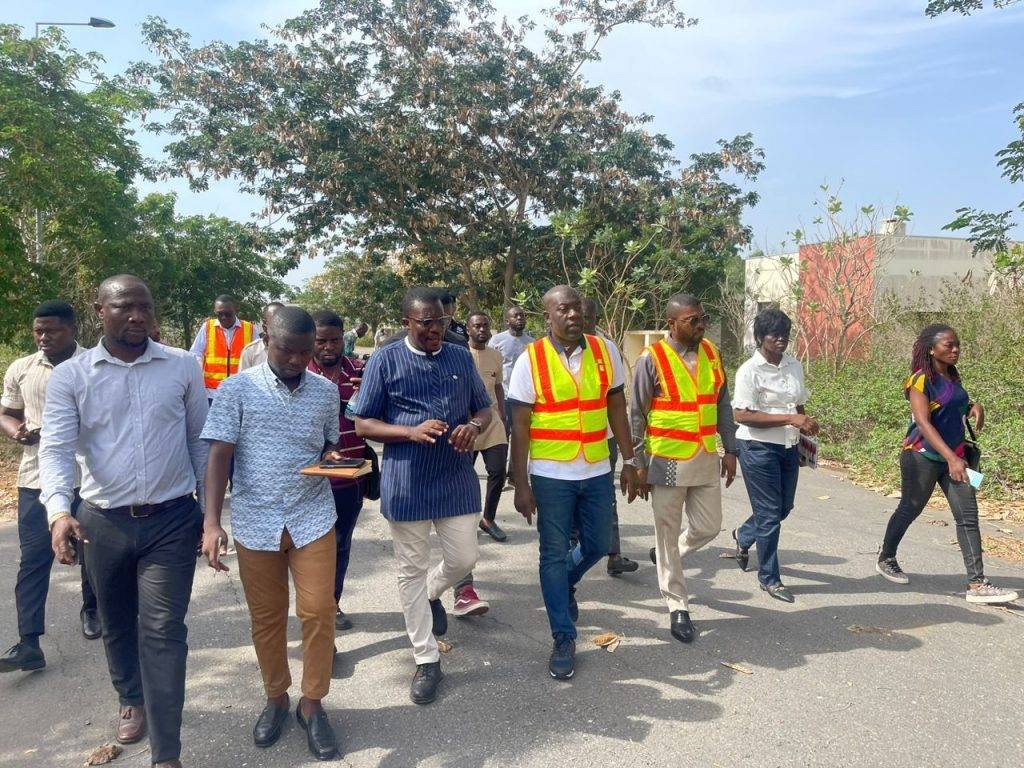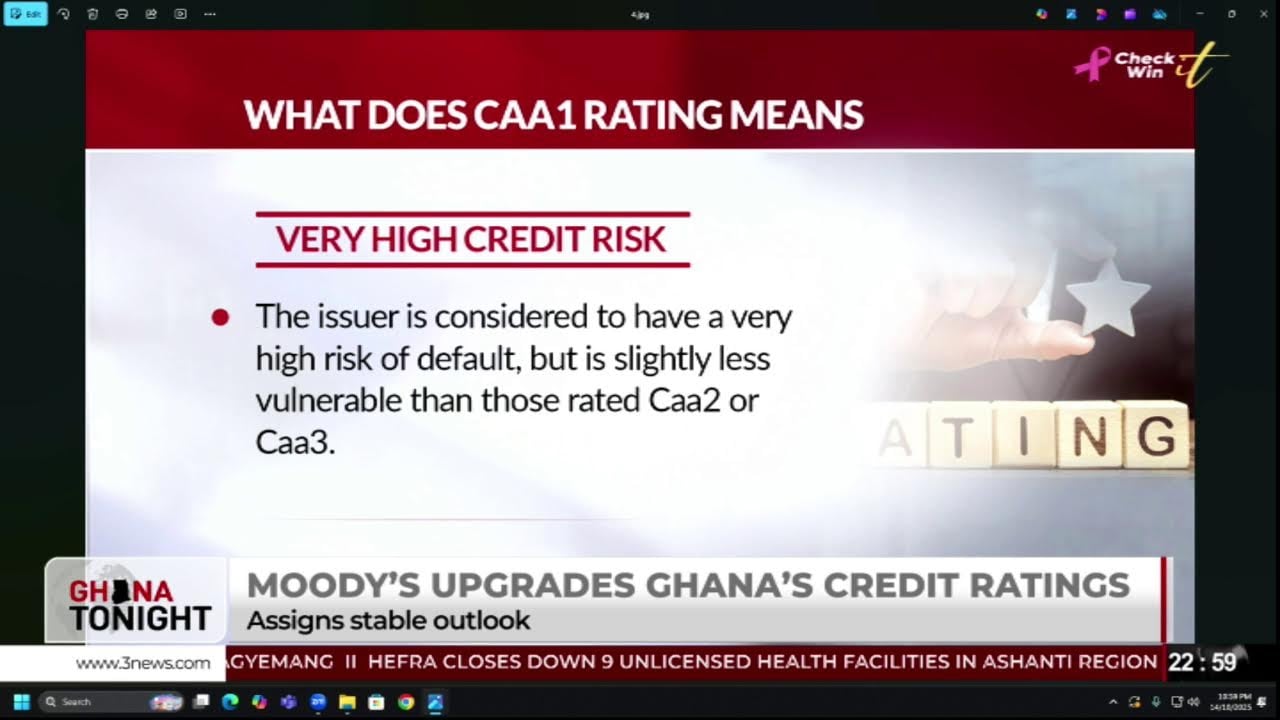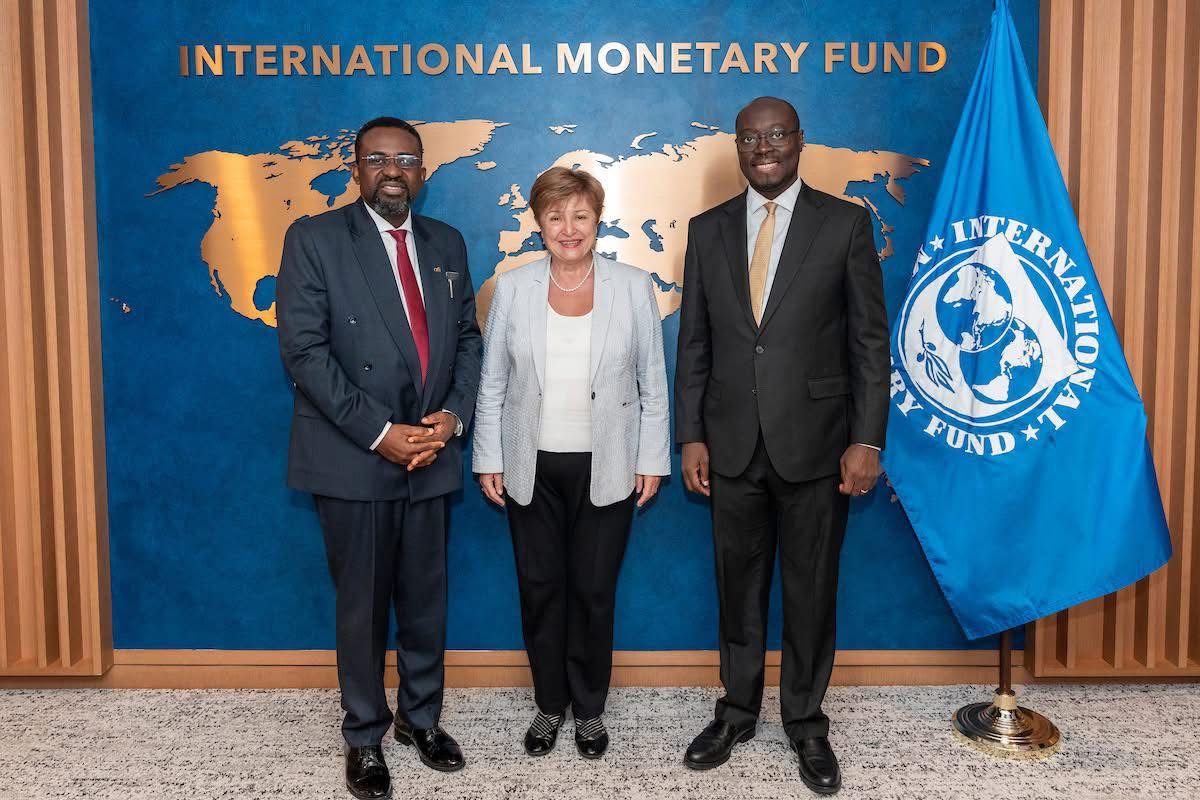
The Executive Secretary of the Ghana Real Estates Developers Association (GREDA), Mr. Samuel Amegayibor, has projected that the total housing shortage in the country will hit 5.7 million by the year 2020.
"Figures from the Ghana Statistical Service indicate a deficit of 1.7 million housing units, which is projected to hit about two million even before 2020," he told Business Day Ghana at a Real Estate forum organized by the Canada-Ghana Chamber of Commerce in Accra.
According to Mr. Amegayibor, the country needs to provide in excess of 100,000 housing units annually to meet the current demand.
"If we could do anything better to the current demand, we should be doing about 70,000. We're supplying now between 35,000 to 40,000, which is projected to rise to about 90,000 units per year. We will need to provide in excess of 100,000 units annually to meet this demand," he explained.
The Executive Secretary of GREDA revealed that currently, about 50% of Ghana's population live in sub-standard houses.
"All the houses that you see by the standards for relieve for human beings to live in are not up to the task. We haven't reached there as a country. If you go to places like Abeka Lapaz, Chantan and McCarthy Hill, all the houses you see there are just houses but they don't fit the standard for living. It hasn't gotten there yet. So you can imagine how life will be for those living there," he noted.
Mr. Amegayibor added that the required investment to meet annual demand of the housing deficit is about 1.8 billion to 2.5 billion dollars each year for the next ten years.
"The current annual output is estimated at 40,000 dollars and up to 90% of these housing units are built by private individuals on incremental bases. It is not supplied by any estate developers."
"Private real estate developers provide just about 3 to 5 percent of the number of houses churned out every year. This is woefully inadequate," he asserted.
The executive secretary observed that real estate developers own about 2500 to 3000 houses a year, with direct labour of about 10 to 15 percent per house.
"The Industry creates about 30,000 to 40,000 jobs every year. That is one thing I don't understand why politicians cannot solve their unemployment problem with this sector," he opined.
Mr. Amegayibor said between the year 2000 and 2010, Ghana's population increased from 18.9 million to 24 million and it is projected to reach 28 million by the end of 2017.
"With an average national population growth rate of 2.5%, the most populous rate is in Accra and Kumasi. The two cities together add up to about 60% of the national population, growing at a rate of 3.1 and 2.7 respectively," he mentioned.
The Marketing Director of Lakeside Estate, Mr. Lawrence De-Souza, indicated that land litigation ranks first in the number of cases pending at the courts.
The problem may be due to greed, ethnic conflict, misunderstanding, mismanagement and lack of education among others.
Read Full Story






















Facebook
Twitter
Pinterest
Instagram
Google+
YouTube
LinkedIn
RSS